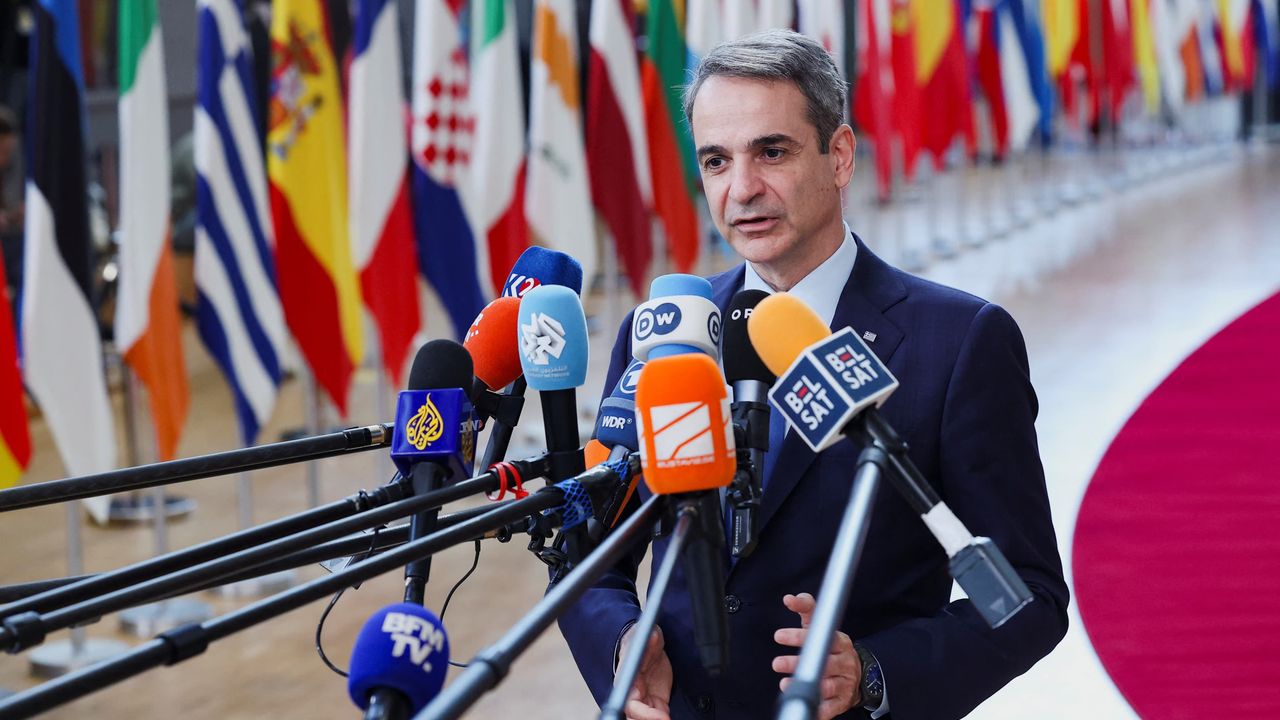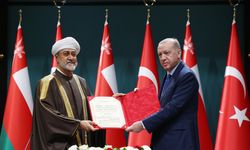In a significant move, Greek Prime Minister Kyriakos Mitsotakis unveiled a €25 billion ($26.99 billion) defense strategy in Parliament on Wednesday, marking what he called "the most drastic transformation in the history of the country’s armed forces." The strategy, spanning 12 years, focuses on the integration of advanced defense technologies and active participation from the Greek defense industry in all defense programs.
Mitsotakis highlighted the necessity of adapting Greece's military capabilities to the evolving nature of modern warfare. “We are witnessing a dramatic shift in the operational landscape, from Ukraine to the Middle East. We are now facing a different kind of war than what we were previously accustomed to – at least the kind our armed forces were prepared for,” he explained. To address this, the strategy emphasizes the inclusion of unmanned vehicles, loitering munitions, drones, anti-drone systems, artificial intelligence (AI), and a strong focus on both cyber-defense and cyber-offense. “These technologies must be integrated into the long-term planning of our armed forces,” Mitsotakis added.
A key feature of the strategy is the prominent role of Greece’s defense industry. The prime minister stressed that the active involvement of local defense firms will be a non-negotiable condition for any major defense investment. “This will be a non-negotiable condition for any major defense investment,” he declared.
Mitsotakis also referenced the famous phrase “The price of freedom is eternal vigilance,” attributed to former U.S. President Thomas Jefferson, underlining the vital relationship between security and progress. “Our investments in defense are investments in our sovereignty and the protection of our national dignity,” he stated, calling the traditional debate of “guns or butter” flawed in today's global context, where wars are reshaping borders and tariffs are threatening international economic relations.
Reflecting on Greece’s military progress since his government took office in 2019, Mitsotakis remarked, “In July 2019, we inherited a highly problematic situation in the armed forces due to disinvestment. We had to act swiftly, and we did. Today, their condition is unrecognizable compared to what we inherited.”
Part of this progress includes the country’s military cooperation agreement with France, which has led to the acquisition of 24 Rafale fighter jets and three Belharra-class defense and intervention frigates (FDI), totaling over €5.5 billion.
Additionally, Mitsotakis addressed the recent salary increases for armed forces personnel, marking the first pay raise in 14 years. This move is part of a broader effort to attract young talent to military academies. While the timing of the salary increases sparked some debate, particularly regarding extending raises to other uniformed personnel, the prime minister hinted that further increases would be announced during the Thessaloniki International Trade Fair in September. He stressed, however, that fiscal discipline would remain a priority, noting, “Not only because the markets are closely monitoring us, but also because the overall performance of the economy is a vital factor for security and stability.”







